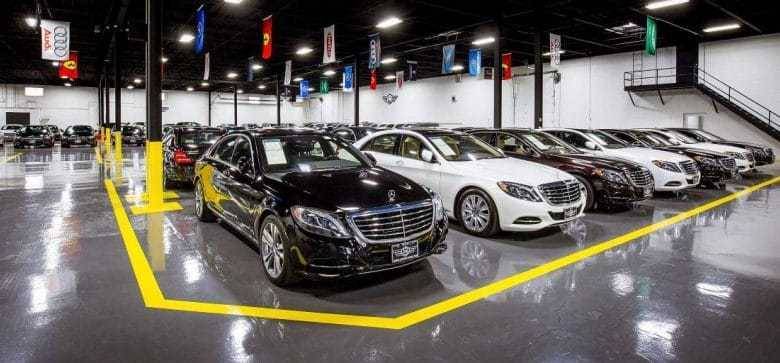There is no doubt that the approval of the customs dollar has had a significant impact on some sectors. How could it not, when citizens are still struggling to calculate the added value that will result from this, while still receiving their salaries in Lebanese pounds, and even below the minimum wage? Perhaps one of the most affected items by the new customs duties will be cars and all their imported parts, mobile phones, and various electrical tools and equipment. The more pertinent question today is not how to calculate the customs dollar, but whether it will remain at this ceiling or if it is merely a temporary "morphine" injection to distract traders before a major collapse.
Practically, the automotive sector in Lebanon is facing an unprecedented setback since the onset of the COVID-19 pandemic leading up to the current economic collapse. This setback does not only affect dealership owners and importers but also other sectors related to cars and their maintenance, as well as the tourism sector. Consequently, this will affect the citizens, who will become unable to change their car tires or afford repair costs if their vehicles break down, leading to increased traffic accidents, especially in winter.
"Prepare for an additional increase in this case...!" said Eli Qazzi, head of the Association of Used Car Importers, to MTV, revealing that "the core problem today is not the rise in the customs dollar but rather the lack of adjustment of the brackets to align with it in a way that protects both the trader and the citizen." He affirmed that "the current policies being followed will lead the sector to bankruptcy or emigration, and then they will feel the actual disaster they have committed against us and the entire people."
Simplifying the complexities, the following are the customs duties that will be added to cars, which are subject to change based on necessity:
- For a car valued at $5,000, customs duty will rise to approximately 94 million Lebanese pounds.
- For a car valued at $15,000, customs will increase to about 180 million pounds.
- For a car with a value of $50,000, customs will rise to 500 million pounds.
- For vehicles valued at $100,000 or more, customs will exceed one billion Lebanese pounds.
Of course, these prices are not fixed and do not include registration costs, maintenance, and the base price of the car, meaning even the dream of owning a small car will be difficult to achieve. The situation will become dire if a banking exchange rate is adopted; prices could triple or more, according to Qazzi.
The state is undermining the automotive sector, and traders are pleading. Qazzi explains that "the closure of the traffic authority and the halt of work in the Directorate of Traffic, along with the negative impact of the collapse of the national currency, have played a significant role in changing citizens' purchasing power, which is now almost nonexistent." He noted that "the state usually charges about 45% of the value of imported cars as a consumption tax, in addition to 5% for the treasury according to an agreement signed years ago with the European Union, not to mention the TVA and other costs that the trader incurs willingly to preserve his interest so as not to be forced to close."
Moreover, the head of the Association stated that they are in direct contact with the Ministry of Finance and are working to activate a specialized committee to find a compromise that satisfies the state, citizen, and trader in terms of ensuring the sector's continuity. He added, "We are not against the approval of the customs dollar, but we protest its activation without a plan that protects us. Our goal today is to divide the consumption tax paid by traders or importers according to the specifications and price of the car. For instance, for a vehicle priced at $5,000, we seek to reduce its tax to 10%, while for those priced at $15,000, we aim to reduce the consumption tax to 20%. This way, at least we ensure our profit, even if minimally."
Regarding the activation of the customs dollar, Qazzi stated, "The concerned parties promised them that a temporary rate of 8,000 would be adopted until laws and import brackets are adjusted," underscoring that "this is not the solution and will not prevent collapse. The real danger lies in procrastination and evasion of responsibilities."
For traders and shops selling used and new parts, the situation has not changed much; the same warnings and outcry persist. Hussein Hmeidi, who owns one of the tire shops in the Shiyah area, noted that "prices will rise at the beginning of the year in line with the customs dollar and the general situation," clarifying that "the price per tire will exceed $100, meaning citizens will have to pay about $400 at a minimum to change their car tires, without mentioning other parts that will be priced exclusively in dollars starting from the new year." He added, "We can only say, God help the people with what is coming."
Traders have several grievances, and anger has erupted in the streets recently due to fears of losing their businesses. Will changing the law rectify what was ruined by the greed of the concerned parties and the economic collapse?




